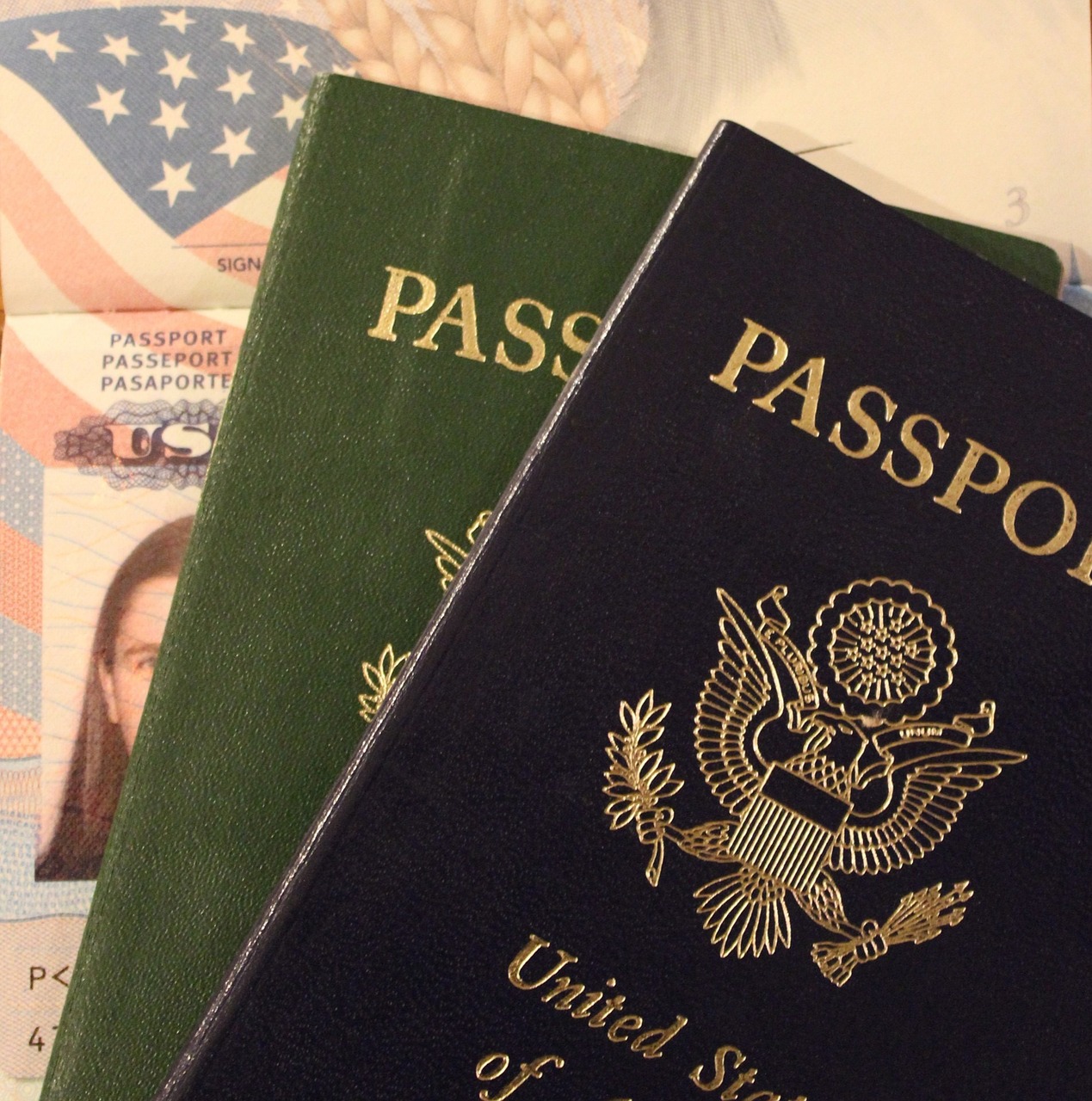What is the new definition of public charge? Hi, I'm Jim Hacking, immigration lawyer practicing law throughout the United States at our office here in St. Louis, Missouri. We're doing this series of videos on public charge. We want to educate the community as to what is going on with this new ground of inadmissibility, this expanded ground, I should say. Public charge has always been a ground for inadmissibility, but the Trump administration is expanding it as we've discussed in prior videos in order to try to keep people from getting green cards from adjusting status in the United States.
So I have my notes here and I'll be referring to them in this video. I apologize for that, but this stuff's all very fluid right now and I want to make sure that I give you the best information possible. So I apologize for looking at my notes from time to time and I'm going to read specifically in this video because I want to make sure that I outline all the ways that people are going to be defined as a public charge. So let me read it to you.
An immigrant is likely to become a public charge if they're likely to receive designated public benefits at any time in the future. In a little bit in this video, I'll list for you the public benefits that they're talking about. But a public charge means an alien who receives one or more public benefits as defined in the regulations for more than 12 months in the aggregate within any 36 month period. For instance, if you received two benefits in one month, that's going to count as two months. So this rule is really expanding the legal standard, and the biggest problem with it, it's going to be a prospective determination.
In other words, an immigration officer is going to be asked to make a determination on their own as to whether the person, not that they've already received benefits, but that they're likely to receive benefits in the future. So the question then is, who is more likely than not to receive public benefits for 12 months out of a three year period? The definition of public charge is now tied to enrollment in specific public benefit programs. So it's really sort of crazy that they're going to give this much discretion to frontline immigration officers. These officers aren't trained in this. I imagine they'll go through some basic training, but it's really going to slow things down. It's going to make things more complicated, so make things hard.
Well, let's talk about what pro programs count as public benefits and I'm going to read them to you, okay? The first is supplemental security income, SSI. The second one is temporary assistance for needy families, which is abbreviated as TANF. Any other federal, state or local cash benefit programs like general assistance. The supplemental nutrition assistance program, which is SNAP or food stamps. Section 8 housing, section 8 project-based rental assistance, Medicaid and public housing under section 9 of the US Housing Act. So those are the categories of benefits.
So WIC is, which is the Women, Infants and Children Supplemental Nutrition Program is not on the list at this time. Medicare Part D is not on the program at this time, but those ones, those eight that I listed, those are on the list. So if the government believes that you are going to be receiving those benefits at some point in the future, they can deny your adjustment of status. So this obviously greatly expands the power of an immigration officer. It makes it much more discretion and it gives them much more ability to just unilaterally deny people for their green card. So obviously we are very troubled by this. It's very problematic and there's going to be the 16 page I-944, the declaration of self-sufficiency that's going to address or help the officer address whether this person's likely to become a public charge.
So this is going to be a big problem, a big headache, it's going to really make it harder for people to get their green cards. We're certainly starting to see this happen, but we wanted to make sure we gave you this information as soon as possible. So if you have questions about the new I-944, the declaration of self-sufficiency or public charge, give us a call at 314-961-8200. You can email us at [email protected]. Be sure to join us in our Facebook group. It's called Immigrant Home if you like this video. Then also subscribe to our YouTube channel so that you get updates whenever we make videos just like this one. Thanks a lot. Have a great day.








